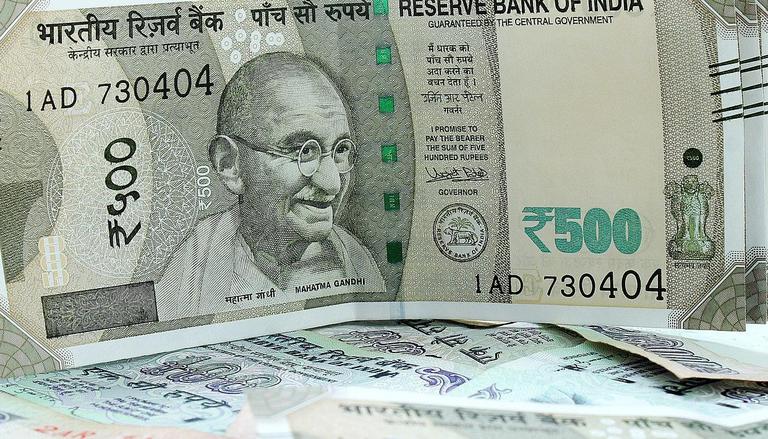[ad_1]
As the Indian real estate market emerges from the shadow of a global epidemic, it has high expectations for Budget 2023. Despite the fact that demand for real estate in India has increased in recent months, the real estate and construction industries are hoping for some specific relief. Even though the Coronavirus pandemic reduced site visits and home demand across the country, the months that followed inspired confidence with a resurgence in housing demand. The demand for residential housing in India’s top eight cities increased by more than 15% year on year. Similarly, a significant rebound is expected in 2023. The real estate industry expects the government to take specific steps to smooth the road to recovery at a time when it is dealing with post-Corona issues such as rising input costs and razor-thin margins.
Here is what industry professionals have to say about the industry expectations from the budget.
Speaking of the same, Gurmit Singh Arora, National President, Indian Plumbing Association said, “Stamp duty needs to be reduced. Following the implementation of GST, the industry was burdened, and it is extremely difficult for builders to pass it on to consumers. This can be accomplished by granting waivers rather than incentivizing it. In order to reduce the nation’s carbon footprint, the government should incentivize green building. The government should also encourage and recruit more entrepreneurs.”
There is an express need for more tax sops for home buyers as well as investors. In the opinion of Nakul Mathur, MD, Avanta India, “Indian real estate stands on a strong footing with a hike of 50% in sales transactions in 2022, compared to the previous calendar year. The positive sentiments will continue in 2023 backed by a healthy economic outlook, expansion in the job market, and a rise in per capita income. Meanwhile, it is also imperative for the governing agencies to take proactive steps to further build consumer demands alongside streamlining the supply cycle. Steps such as reducing GST rates on raw materials such as cement & steel, offering better credit for developers, and single window clearance can immensely help the overall sector.”
Adding to the same, Siddharth Maurya, Resource Specialist, Expertise Real-Estate and Fund Management states, “The government must recognise the sector’s importance and implement significant policy changes to accelerate growth in real estate demand. Currently, up to 2 lakhs in interest on home loans can be deducted from income tax. This should be revised and increased in order to stimulate demand in the sector. Similarly, GST waivers or reductions on raw materials such as cement, steel, and so on should be made available. Raw material prices are rising, and lowering GST rates could provide significant relief to the developer community. Giving the sector infrastructure status is also long overdue, as it can aid in the sector’s liquidity.”
Looking back at the year 2022 as the most eventful years for Indian real estate with sales recovery observed in many of the major markets in the country, Atul Goel, MD, Goel Ganga Group says, “Both residential sales and commercial leasing picked up stemmed from healthy economic growth and a rise in demand. Meanwhile, for the upswing to continue in 2023, it is important for the GOI to take further proactive steps. The governing bodies should keep in mind that a healthy economy and real estate feed into each other.”
“Proactive measures such as raising the limit on home loan interest deductions on income tax returns and lowering capital gains tax can boost consumer spending and thus benefit the sector in the long run. Meanwhile, the GOI should try to open up new lending channels for the developer community. Developers play an important role in the overall real estate ecosystem, and it is critical to assist them in obtaining easy credit”, he adds.
[ad_2]
Source link








